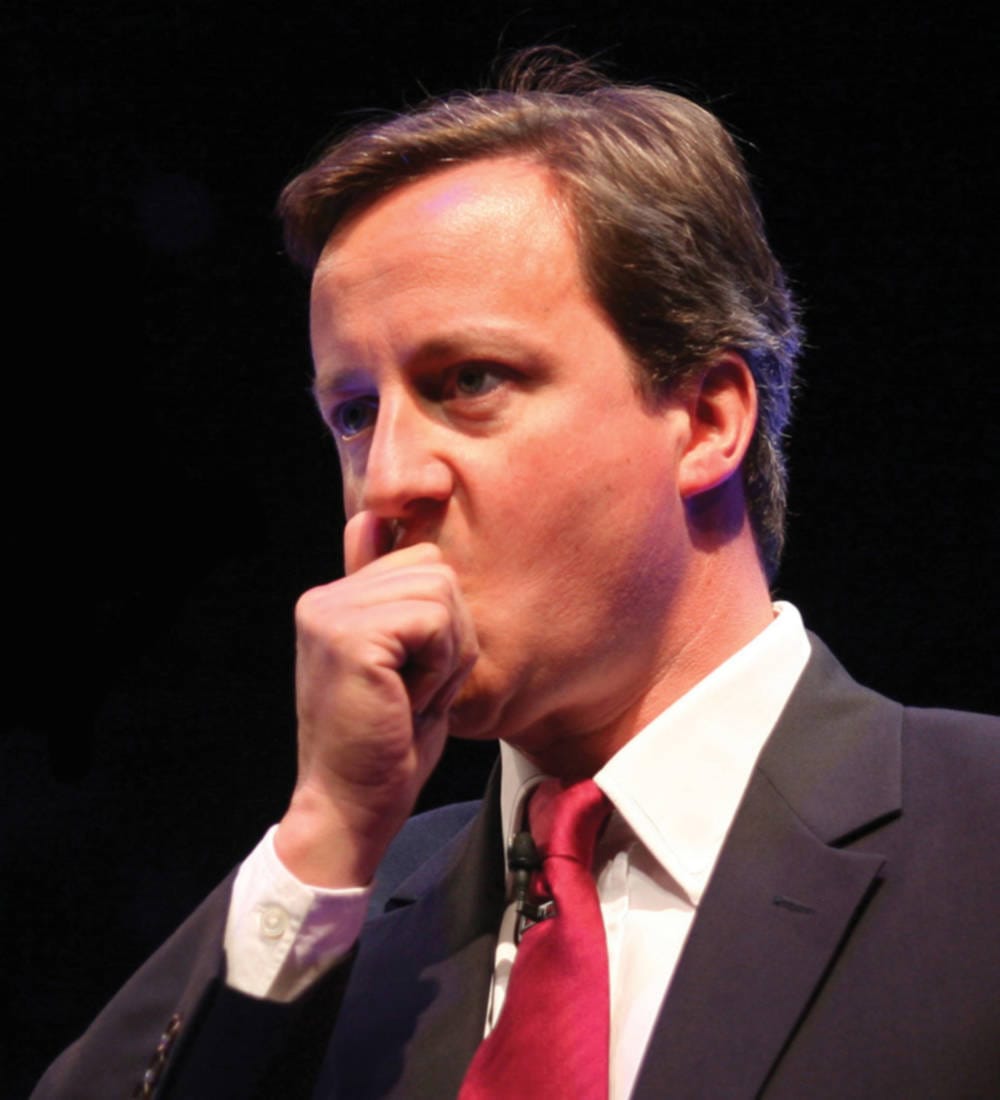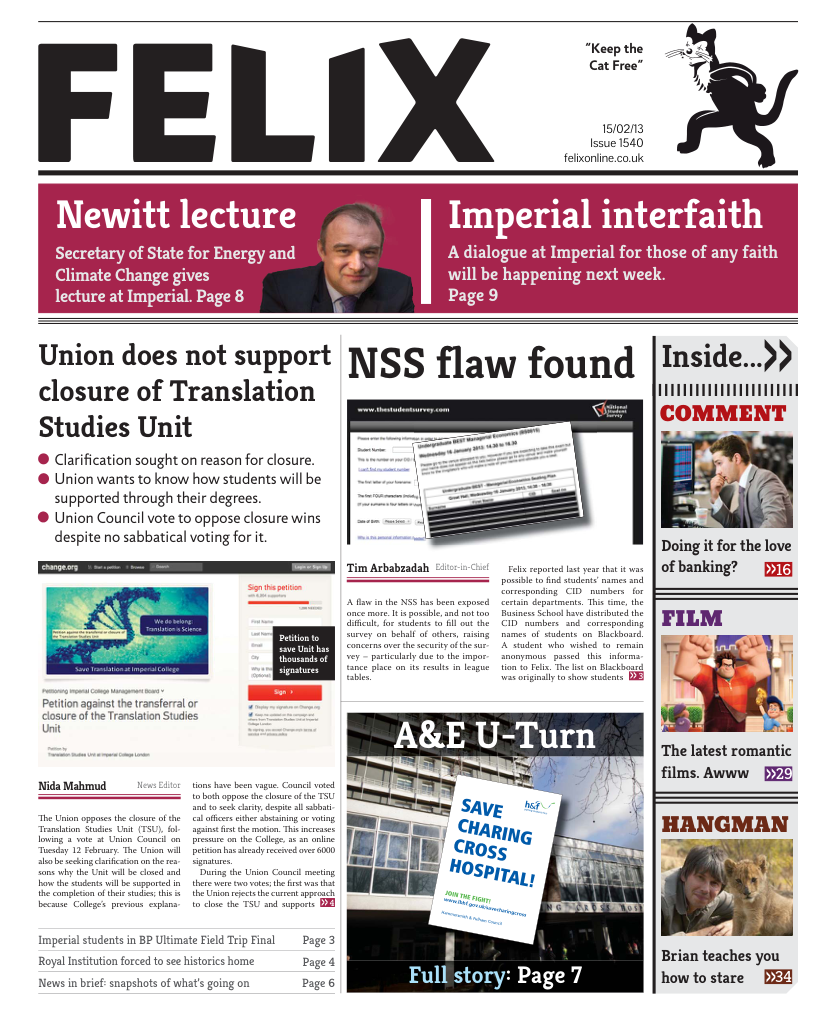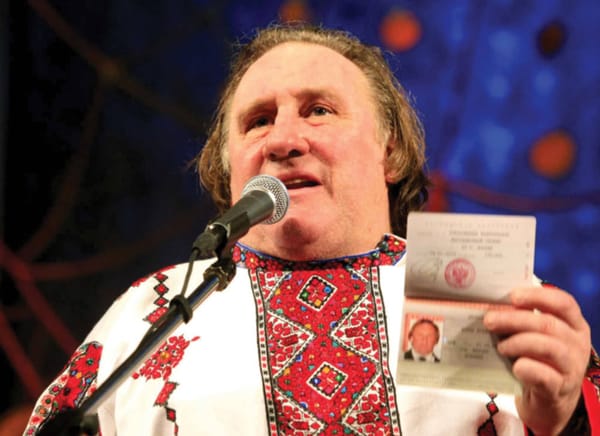Posing the Question: In or Out?
Silvia Davey asks what UK citizens should consider come referendum time

"I really hope that the UnitedKingdom pulls out of the European Union and that the Euro collapses – I could definitely do with a cheaper holiday somewhere nice and sunny in Europe…” was the conclusion to a ranting monologue I was faced with during a taxi ride back home one evening.
Little did this loquacious driver know that he was talking to an Italian whom, having being brought up in Brussels, is a strong believer in the economical and social benefits that the Union brings to its 27 members. With no intention of arguing back I got out of the cab and decided that the slightly angering experience might one day serve me as a funny anecdote, representative of the opinion of a contained minority.
Two years spent in the United Kingdom have made me understand that I was delusional in thinking of a minority: even PM David Cameron– spokesman of Britain’s population – is proposing the exit of the United Kingdom from the European Union. The speech he delivered a couple of weeks ago on the future of the United Kingdom within the European Union made me positively concerned: he proposes a simple in-out referendum, in which the decision of whether the United Kingdom shall pull out of the European Union lies in the hands of the British public.
The promised referendum would be held only if he’s voted back into power as he claims that “a vote today (…) would be an entirely false choice”. He wants to give the EU enough time to emerge from the Eurozone crisis, allowing the UK to negotiate a new settlement that, using Nick Clegg’s words, would “benefit us and disadvantage everyone else”.
The depressing conclusion of it all: the United Kingdom could well not be part of the European Union by 2015, being the first country to leave the EU since its creation.
The depressing conclusion of it all: the United Kingdom could well not be part of the European Union by 2015, being the first country to leave the EU since its creation. What would the UK lose and what would it gain by renouncing its position as a member within the European Union? Britain has been part of the EU’s single market for 30 years: although it is not in the single currency (Eurozone) and is not part of the Schenghen Agreement (the removal of physical borders within the member countries), it still benefits from the free movement of goods, capital, services and people within the member countries. The so called “Four Freedoms”, things that have generally greatly benefitted Britain’s economy.
Sure, Britain likes to be “an independent island nation” and often feels weighed down by the at times inflexible EU legislation but by being member it takes part in all legislative decisions, a power it would lose once out of the EU. Europe is the main destination of UK trade: once out of the EU, and with the right to the Four Freedoms lost, trade with European countries would become more intricate and complicated, posing a serious economical threat to the country.
In addition, by leaving such an organization, the UK would be renouncing a great amount of power and influence in the world that it probably wouldn’t manage to have alone. Would the promised future freedom actually be worth it?
These are only a few of the numerous issues that every elector (including myself, as I am a British citizen) will have to consider once the referendum is proposed. It is important that the future large-scale consequences are properly understood so as to not to solely have the more direct and short-term personal gains influencing the voter’s opinions.
To the taxi driver who might for some odd reason be reading this article, have you ever though that if the United Kingdom were to leave the European Union you mightbe faced with a lack of European workers and tourists to drive around the streets of London, potentially losing your biggest clientele?









